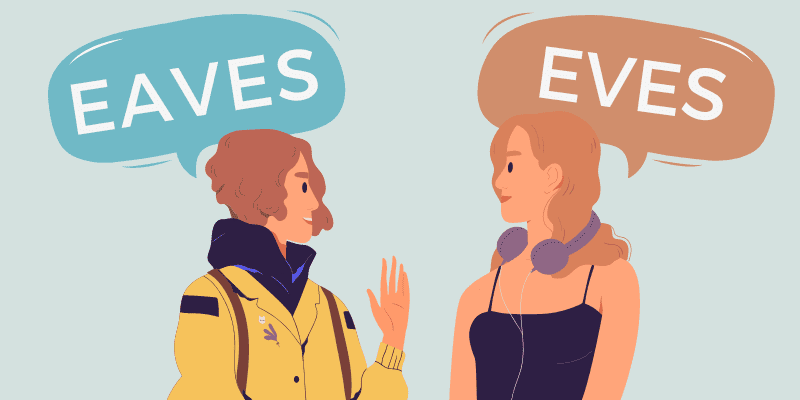Clew vs clue
Clew and clue are two words that are pronounced in the same manner but are spelled differently and have different meanings. They are homophones. We will examine the definitions of the words clew and clue, where these words came from and some examples of their use in sentences. Clew may mean the lower corner of a ship’s sail, to raise or lower such a sail or the lines by which a hammock is hung. Clew also means a ball of …
